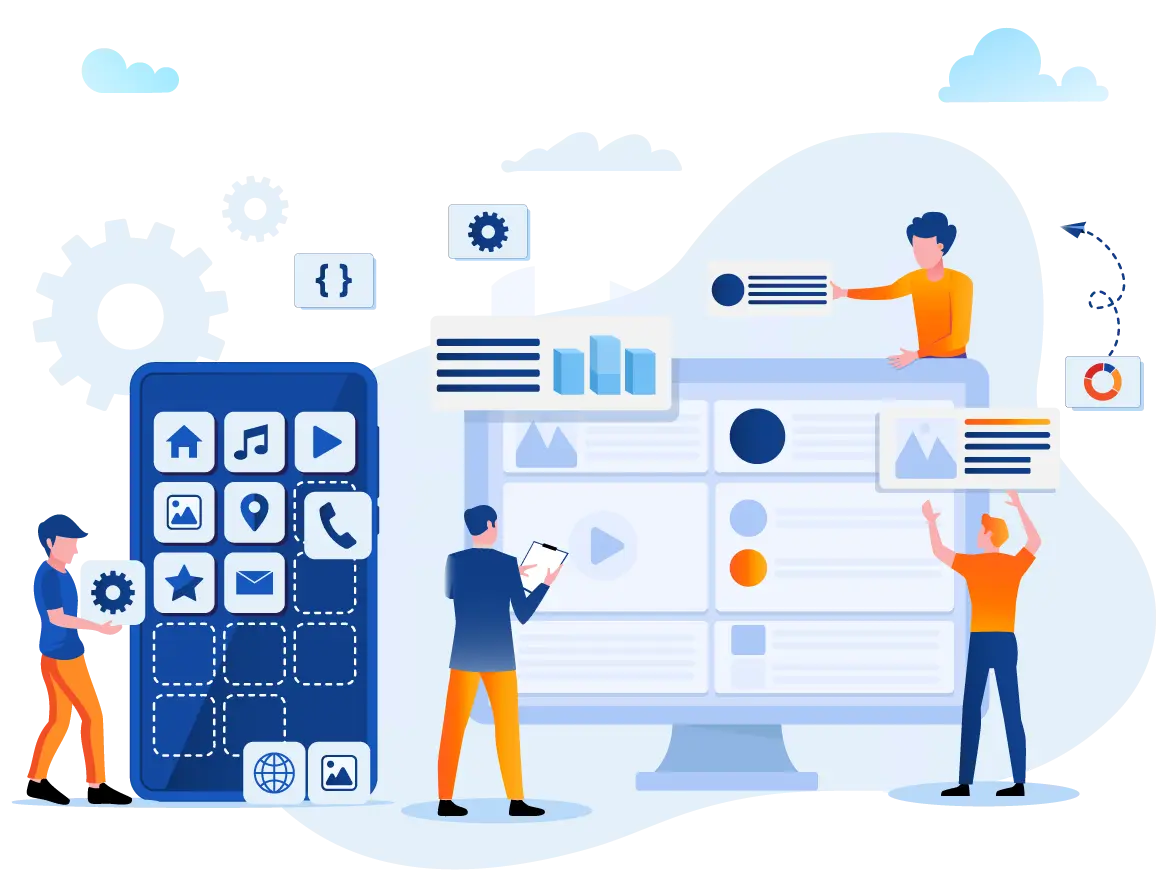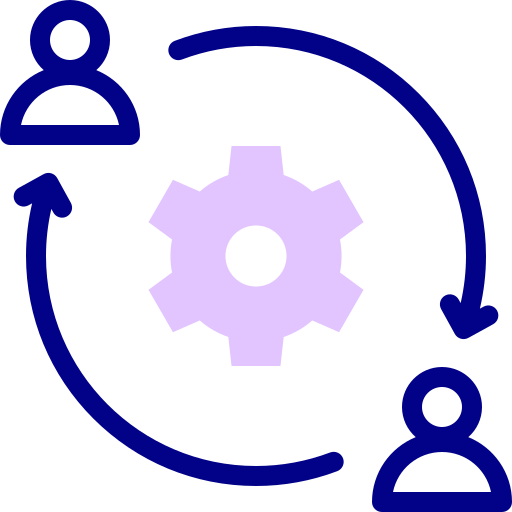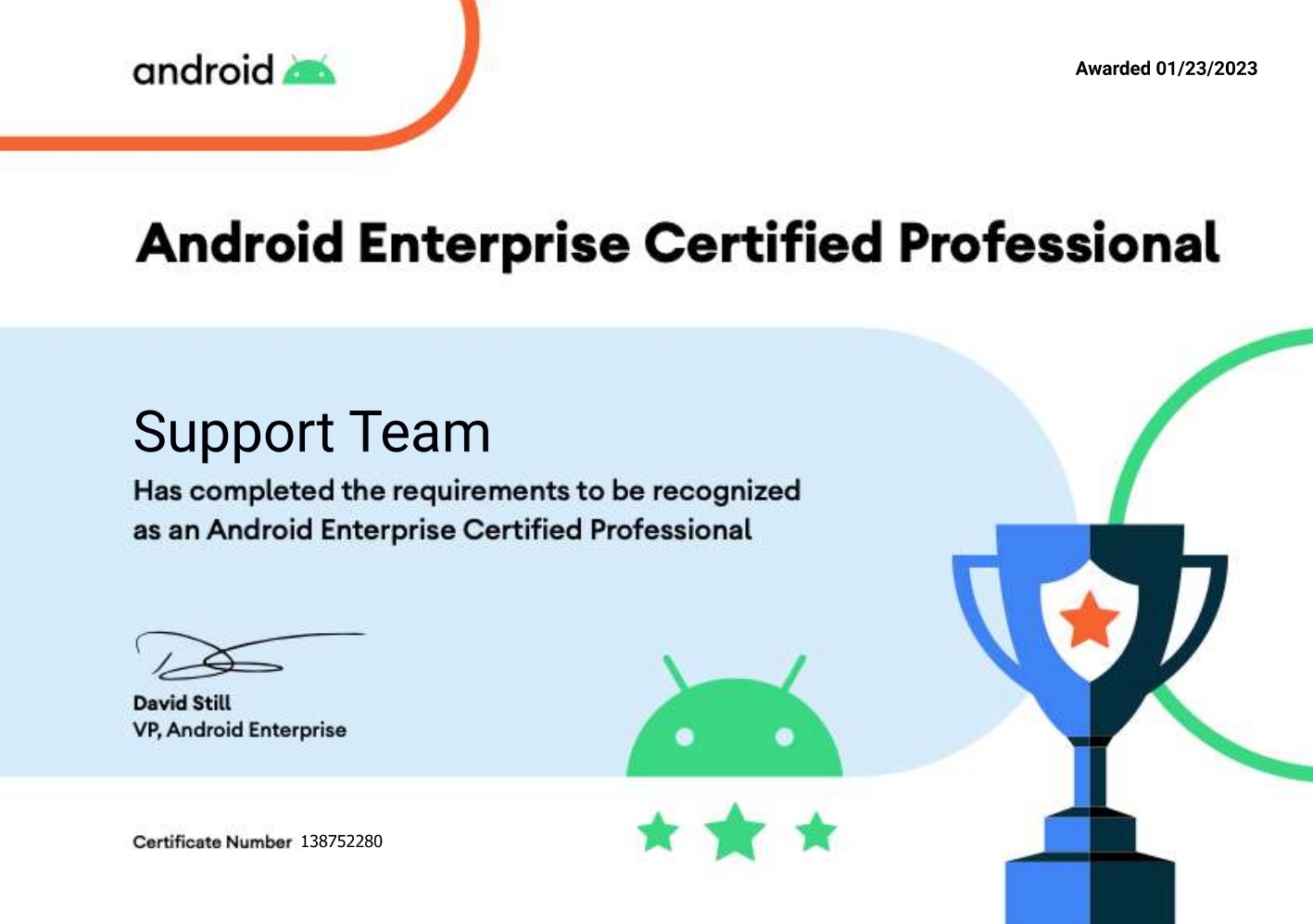

Device's Served

Happy Clients

States

Regional Distributor


Where technology meets expertise. At the forefront of innovation in device management, we specialize in crafting sophisticated software solutions that streamline, secure, and enhance the way organizations manage their technology assets.
Founded by a team of industry veterans with a passion for cutting-edge technology, Larvasoft Tech LLP has rapidly established itself as a leader in the field of device management. Our mission is simple: to empower businesses by providing tools that simplify complexity, boost efficiency, and ensure robust security across all types of devices.






Mobile Application Management (MAM) provides tools and services for deploying, securing, and managing mobile apps within an organization.
Read More

Enterprise Service Management (ESM) involves implementing solutions that extend IT service management principles to other areas of an organization
Read More

Mobile Application Management (MAM) provides tools and services for deploying, securing, and managing mobile apps within an organization.
Read More

Cyber Security services encompass a wide range of solutions designed to protect organizations from cyber threats. This includes network.
Read More


Android Enterprise Certification ensures that devices and apps meet Google’s standards for business use. It guarantees that devices are secure, manageably compliant, and compatible with enterprise features, including advanced security protocols, app management, and streamlined deployment. This certification helps businesses confidently deploy Android devices with the assurance that they meet rigorous requirements for performance and security in a corporate environment.

Working with them since last 2 years seamless mobile management services

I am the regional distributor started as a vendor now servicing this amazing services further

Web development involves creating and maintaining websites and web applications, ensuring they are functional, user-friendly, and visually appealing. This includes front-end development, which focuses on the visual aspects and user interface, as well as back-end development, which handles server-side logic, databases, and application performance. Full-stack developers handle both front-end and back-end tasks. Web development also includes ensuring websites are responsive, secure, and optimized for search engines.
App development encompasses the design, creation, and maintenance of mobile applications for platforms such as iOS and Android. This service focuses on developing apps that provide a seamless user experience, incorporating features such as push notifications, geolocation, and in-app purchases. App developers work with programming languages like Swift, Kotlin, and Java, and utilize frameworks like React Native and Flutter to build cross-platform apps. Quality assurance and user feedback are integral parts of the development process to ensure the app meets user expectations and performs well.
E-commerce development involves creating online platforms for buying and selling goods and services. This includes designing and building user-friendly online stores, integrating payment gateways, ensuring secure transactions, and managing product catalogs. E-commerce solutions also involve implementing features like shopping carts, order tracking, customer reviews, and personalized recommendations. Developers focus on creating scalable and robust platforms that can handle high traffic volumes and provide a seamless shopping experience across various devices.
CRM development involves implementing and customizing systems to help businesses manage their interactions with customers. CRM systems enable companies to track customer data, manage sales leads, automate marketing campaigns, and provide personalized customer service. By integrating CRM with other business systems, companies can gain valuable insights into customer behavior and preferences, enhancing their ability to retain customers and increase sales. Custom CRM solutions can be tailored to specific business needs, improving efficiency and decision-making processes.
Digital marketing encompasses strategies and techniques used to promote products and services through digital channels. This includes search engine optimization (SEO) to improve website visibility, content marketing to engage and inform audiences, and pay-per-click (PPC) advertising to drive targeted traffic. Social media marketing, email campaigns, and influencer partnerships are also key components. Digital marketing aims to reach and convert potential customers online, using data analytics to measure effectiveness and optimize strategies for better results.
Mobile Application Management (MAM) provides tools and services for deploying, securing, and managing mobile apps within an organization. This includes app distribution, policy enforcement, data encryption, and usage tracking. MAM solutions ensure that mobile apps comply with corporate policies and security standards, providing IT departments with control over app usage and data access. By managing app lifecycle and updates, MAM helps maintain app performance and security across all user devices.
Enterprise Service Management (ESM) involves implementing solutions that extend IT service management principles to other areas of an organization, such as HR, finance, and facilities. ESM aims to improve service delivery, automate workflows, and enhance overall operational efficiency. By providing a unified platform for managing services and processes, ESM helps organizations streamline operations, reduce costs, and improve employee productivity. This approach fosters collaboration across departments and enables a more integrated service delivery model.
Intellectual Asset Management (IAM) solutions help organizations manage and protect their intellectual property (IP) assets, including patents, trademarks, copyrights, and trade secrets. These solutions provide tools for tracking IP portfolios, managing licensing agreements, and ensuring compliance with legal requirements. IAM systems enable organizations to maximize the value of their intellectual property by facilitating innovation, reducing risks, and protecting against infringement. Effective IAM practices also support strategic decision-making and enhance competitive advantage.
Cyber Security services encompass a wide range of solutions designed to protect organizations from cyber threats. This includes network security, data protection, threat detection, and incident response. Cybersecurity solutions involve implementing firewalls, encryption, intrusion detection systems, and security information and event management (SIEM) tools. Regular security assessments, employee training, and compliance with industry standards are crucial components. By proactively addressing vulnerabilities and responding to incidents, organizations can safeguard their data, maintain customer trust, and ensure business continuity.